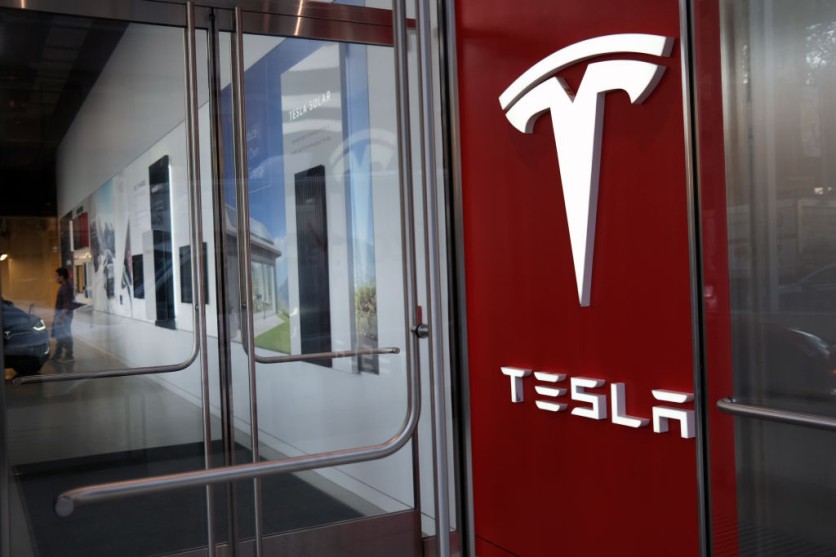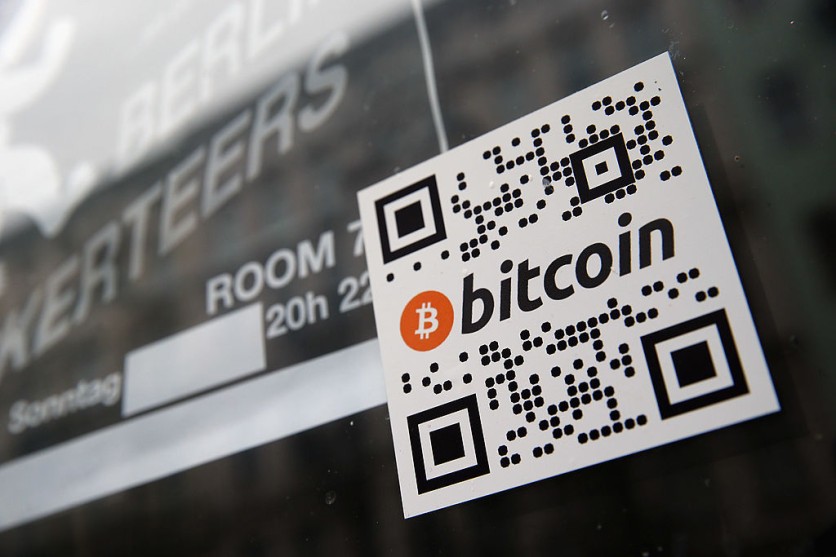

Elon Musk once again blew up the internet after he announced Tesla's move to accept Bitcoin, but several financial experts have predicted this early on.
Now, the question remains: is it worth buying a Tesla vehicle with Bitcoin?
The Risk of Buying in Bitcoin
Last month, CNN reported that the risk of using Bitcoin for purchases depends entirely on its price, which is particularly hard to predict.
Compared to most currencies, the price of Bitcoin fluctuates too quickly that in a span of one week, its value had gone up to $42,000, down to $30,000, and then back up again at $40,000. As of Wednesday, March 24, the value is now over $52,000.
In conclusion, the rapid price change may favor the car buyer, but only if the buyer gets the timing right.
One good example is when a prospective buyer bought a Bitcoin when the price was at $10,000, it will be worth it for that person to buy a Tesla now that the price for a Bitcoin is $52,000.
On the other hand, a buyer may regret spending their Bitcoin on a $38,000 Tesla Model 3 today should the digital currency's price shoots up to a price equivalent to a $120,000 Model S Plaid.
Elon Musk already told the public that the value of a single Tesla vehicle may costs different compared to the regular pricing for the brand, once a buyer uses Bitcoin.
Tesla is using only internal & open source software & operates Bitcoin nodes directly.
— Elon Musk (@elonmusk) March 24, 2021
Bitcoin paid to Tesla will be retained as Bitcoin, not converted to fiat currency.
Also Read: Elon Musk's Tesla Accepts Bitcoin Payment; Crypto Value Now Spikes!
Bitcoin's Volatility
A Business Insider article published, also published last month, reports that Bitcoin's volatility led many institutions to rethink their stand on accepting the digital currency for their products or services.
Tesla acknowledged this risk in their 2020 annual report, noting that the concept of Bitcoin as an asset is a relatively new trend.
The concept alone makes Bitcoin's volatility hard to predict as it heavily depends on the willingness of investors, consumers, and businesses to adopt the digital currency trend.
"Moreover, their lack of a physical form, their reliance on technology for their creation, existence and transactional validation and their decentralization may subject their integrity to the threat of malicious attacks and technological obsolescence," the report continued.
Bitcoin and Taxes
According to a CNBC report published on Wednesday, March 24, the IRS treats Bitcoin and other digital money as property, which makes its disposal-such as using it to pay for goods or services-is in itself a taxable event.
Garrett Watson, a senior policy analyst at the Tax Foundation, stressed the importance of knowing when a cryptocurrency was bought and for how much.
Knowing those two details will ultimately determine how much of the exchange will be subject to tax and the tax rate that would apply.
The increase in Bitcoin's price between its acquisition and disposal is considered a gain that would be taxed depending on its owner's total income and tax bracket.
If the owner had the Bitcoin for a year or less before using it as payment, the IRS would be taxing it at short-term capital gains rates, which falls between the ranges of 10% to 37%.
Alternately, Bitcoins held for more than a year would be taxed at long-term capital gains rates, which may be 0%, 15%, or 20%.
Related Article: Tesla to Accept Bitcoin as Future Payment! Experts Warn This Could Lead to More Greenhouse Gas Emissions
This article is owned by Tech Times
Written by Lee Mercado




